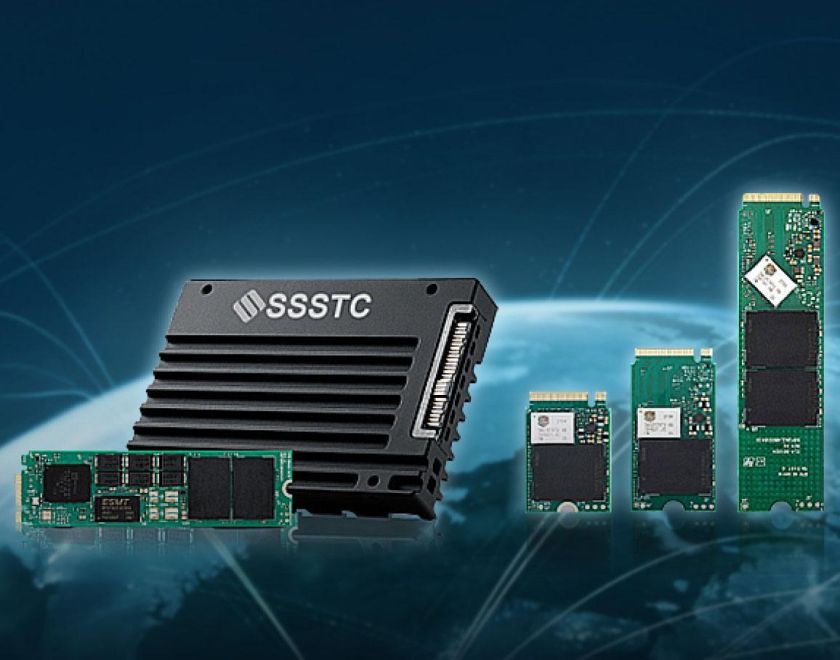PCIe 4.0 vs PCIe 5.0 SSD: Which Is Right for You?
With the rapid advancement of storage technology, PCIe® Gen4 and PCIe® Gen5 interfaces are gradually playing a significant role in the solid-state drive (SSD) market. PCIe® (Peripheral Component Interconnect Express) is a high-performance expansion bus standard primarily used for connecting various internal computer devices such as graphics cards and SSDs. PCIe® 4.0 provides a rate of 16 GT/s per lane, while PCIe® 5.0 doubles this speed to 32 GT/s. This enhancement means faster data transfer speeds, meeting the performance demands of modern high-requirement applications.
The main reason to upgrade to PCIe® 5.0 lies in its advancements in speed and bandwidth, which can significantly boost application performance, particularly in scenarios requiring high bandwidth and low latency, such as AI, machine learning, large-scale database management, and real-time data analysis. As enterprises and consumers increasingly demand faster and higher performance, PCIe® 5.0 is expected to become the mainstream standard of the future, providing a superior user experience. This article will compare PCIe® Gen4 SSD and PCIe® Gen5 SSD in detail across topics like performance differences, application scenarios, and interface connectivity to help readers understand the changes between these two generations of technology and future trends.
PCIe 4.0 vs PCIe 5.0 SSD
1. Performance Comparison Between PCIe® Gen4 and PCIe® Gen5: Significant Speed Gains
The most notable difference between PCIe® Gen4 and PCIe® Gen5 is the performance enhancement. PCIe® Gen4 offers a data transfer rate of 16 GT/s (Giga-transfers per second) per lane, while PCIe® Gen5 significantly boosts this figure by 2x, reaching 32 GT/s per lane. For example, with x4 lanes, PCIe® Gen4's theoretical maximum bandwidth is 8 GB/s, whereas PCIe® Gen5 can reach 16 GB/s. This means that PCIe® Gen5 SSDs can offer significant advantages for applications requiring extremely high data transfer speeds, such as servers, data analytics, and large-scale database processing.
Moreover, PCIe® Gen5's low latency makes it more efficient in handling tasks involving high-frequency data read and write operations, making it ideal for demanding enterprise environments. For the average consumer, PCIe® Gen4 speeds are sufficient for most day-to-day applications, but for gamers and creative professionals seeking extreme performance, the leap offered by PCIe® Gen5 SSDs is undoubtedly very appealing.
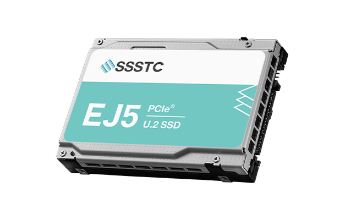
EJ5 U.2 (eTLC)
NAND Flash: 3D TLC NAND Flash
Interface: PCIe® Gen5 x4
Sequential Read: UP to 14000 MB/s
Sequential Write: UP to 7500 MB/s
CA8 M.2 2280
NAND Flash: 3D TLC NAND Flash
Interface: PCIe® Gen5 x4
Sequential Read: UP to 14,000 MB/s
Sequential Write: UP to 12,000 MB/s
2. Application Scenarios: Considerations for Enterprise and Industrial Markets
PCIe® Gen4 SSDs are widely used in the industrial market, including in automation equipment, high-performance workstations, and other industrial applications requiring stable storage. On the other hand, PCIe® Gen5 SSDs are geared more toward enterprise applications, especially in data centers and server environments that demand high reliability, performance, and storage capacity. They are suitable for high-intensity applications like AI and machine learning (ML) processing, virtualized environments, and real-time data analytics, as well as large-scale database management. Due to the significant improvement in read/write performance and bandwidth of Gen5, it is more suited for applications that require high IOPS (Input/Output Operations Per Second), such as virtualization, AI/ML, and other high-performance computing workloads.
3. Connection Interfaces: Comparison of U.2, E1.S, and E3.S
In terms of SSD connection interfaces, both PCIe® Gen4 and Gen5 SSDs support multiple form factors, offering different choices depending on the application requirements. U.2, E1.S, and E3.S are three common interfaces, each with its own features and application scenarios.
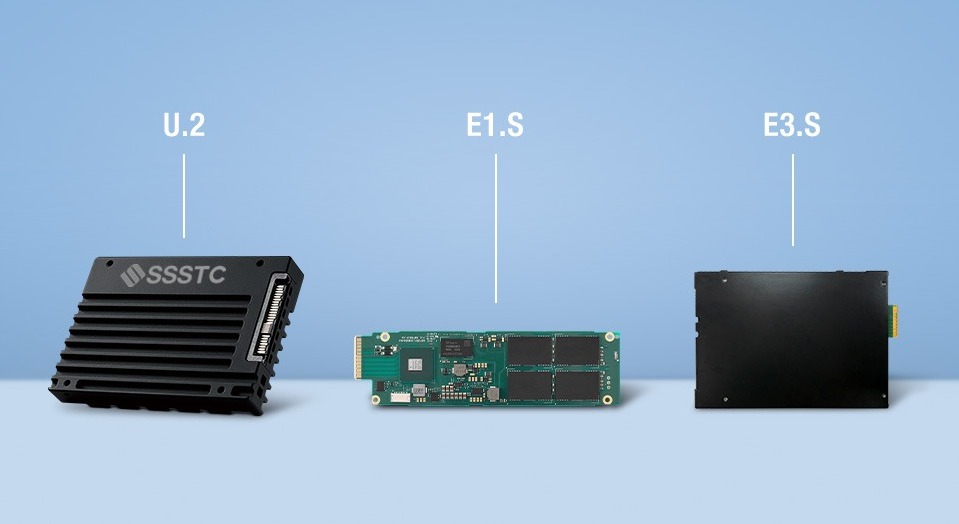
- U.2: The U.2 interface is a more traditional connection format, primarily used in servers and high-performance storage solutions. Its main advantages are good thermal performance and stable connectivity, making it suitable for scenarios requiring long-term stable operation.
- E1.S: The E1.S interface is mainly used in high-density enterprise storage systems, featuring a smaller form factor and good scalability. Its modular design makes E1.S particularly suitable for data centers that require high storage density, allowing for more flexible deployment in constrained spaces.
- E3.S: E3.S is a new connection format for PCIe® Gen5 SSDs, aimed at replacing the traditional 2.5-inch HDD design, providing higher storage density and better thermal performance. E3.S supports higher power requirements and thermal capabilities, making it ideal for enterprise applications requiring high performance.
4. Future Trends: Continued Evolution of Storage Technology
With the exponential growth of data and increasing application demands, the emergence of PCIe® Gen5 SSDs marks further evolution in storage technology. It’s not just about faster speeds; the innovation in connection interfaces also brings more possibilities for system design. In the future, as PCIe® Gen5 SSDs gradually become mainstream in the market, more consumer-grade devices will also benefit from the performance improvements brought by this technology.
PCIe® Gen4 and PCIe® Gen5 SSDs each have different market positioning and application advantages. Gen4 focuses more on cost-effectiveness and meets the demands of the industrial and consumer markets, while Gen5 targets high-end enterprise markets, offering extreme speed and low-latency experiences. As technology evolves, we can expect further optimization in PCIe® Gen5 performance in the near future, providing better storage solutions for all types of users.
SSSTC provides the best quality, competitive cost mainstream storage products with superior customized service.Contact us to find more enterprise SSD or industrial SSD solutions.
-
SSSTC SATA SSD
Widely used in rugged computers, laptops, servers, edge servers, video surveillance systems, and enterprise-level storage solutions, they offer stable and dependable data storage. -
SSSTC NVMe™ SSD
With high-speed transfer and low latency, it's used in data centers, cloud services, big data, gaming, and graphics, enhancing system performance and speed.


__24C05D67dI.webp)
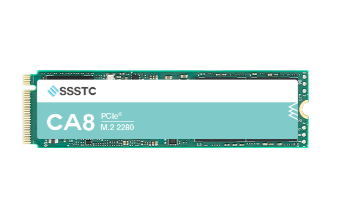
__24C15hqqtC.png)
__24C15wOdCC.png)

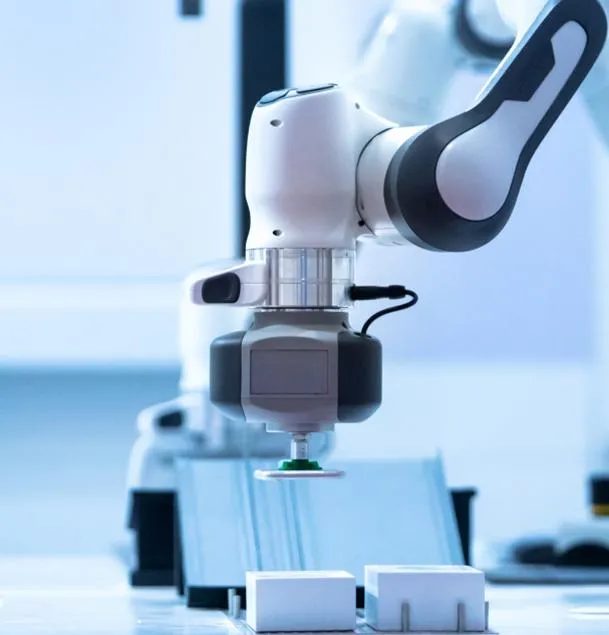
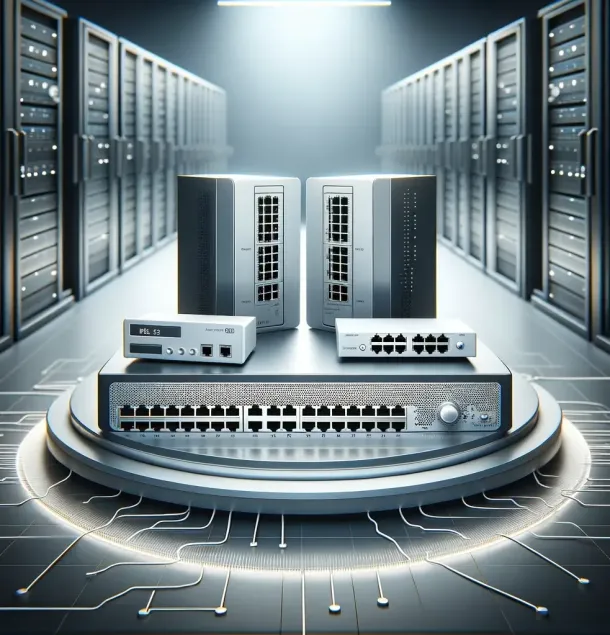






__24C05XQ2my.jpg)


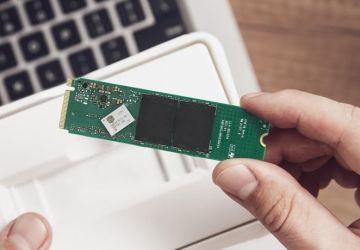



__24C05fplcZ.png)
__24C05vgHYC.png)
